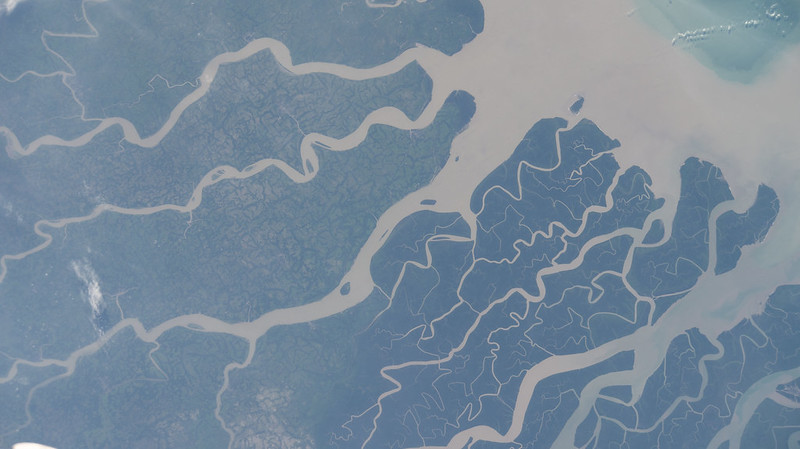Resource information
Bangladesh has a unique coastal system with both proximity of climatic vulnerability and opportunity, having rich coastal resources. The upkeep of people's livelihoods in the coastal zone largely depends on the degree to which key stakeholders at all levels of decision-making can participate in climate adaptation planning and implementation processes. These facts are well recognized in Bangladesh's Integrated Coastal Zone Management Plan (ICZM), National Adaptation Program of Action (NAPA), and the Bangladesh Climate Change Strategy and Action Plan (BCCSAP), which emphasize the need for integrated multi-level decision-making at all stages of the adaptive management cycle. The aim of this article is to assess the value of coastal community engagement in Bhola and Satkhira districts of Bangladesh and highlight priority programs that may increase adaptive capacity in the face of climate change. To this end, interviews were conducted involving local farmers, fishers, women householders, businessmen, and other local leaders, thus yielding a total 240 participants who informed this empirical research. Case studies of villages of these districts highlight helpful examples of adaptation initiatives that may increase people's capacity to respond to the adverse effects of climate change, both autonomously as villagers, and as part of a coordinated program to reduce vulnerability. Issues flagged for urgent attention include water management, socioeconomic conditions, and migration away from coastal districts. The findings point to both potential interventions and a need to better prioritize adaptation options and strategies that are suitable for local contexts. In some cases, these options reflect existing Indigenous and local knowledge (ILK) and adaptation practices which may be both supported and leveraged through the coordinated implementation of different aspects of government policies.


